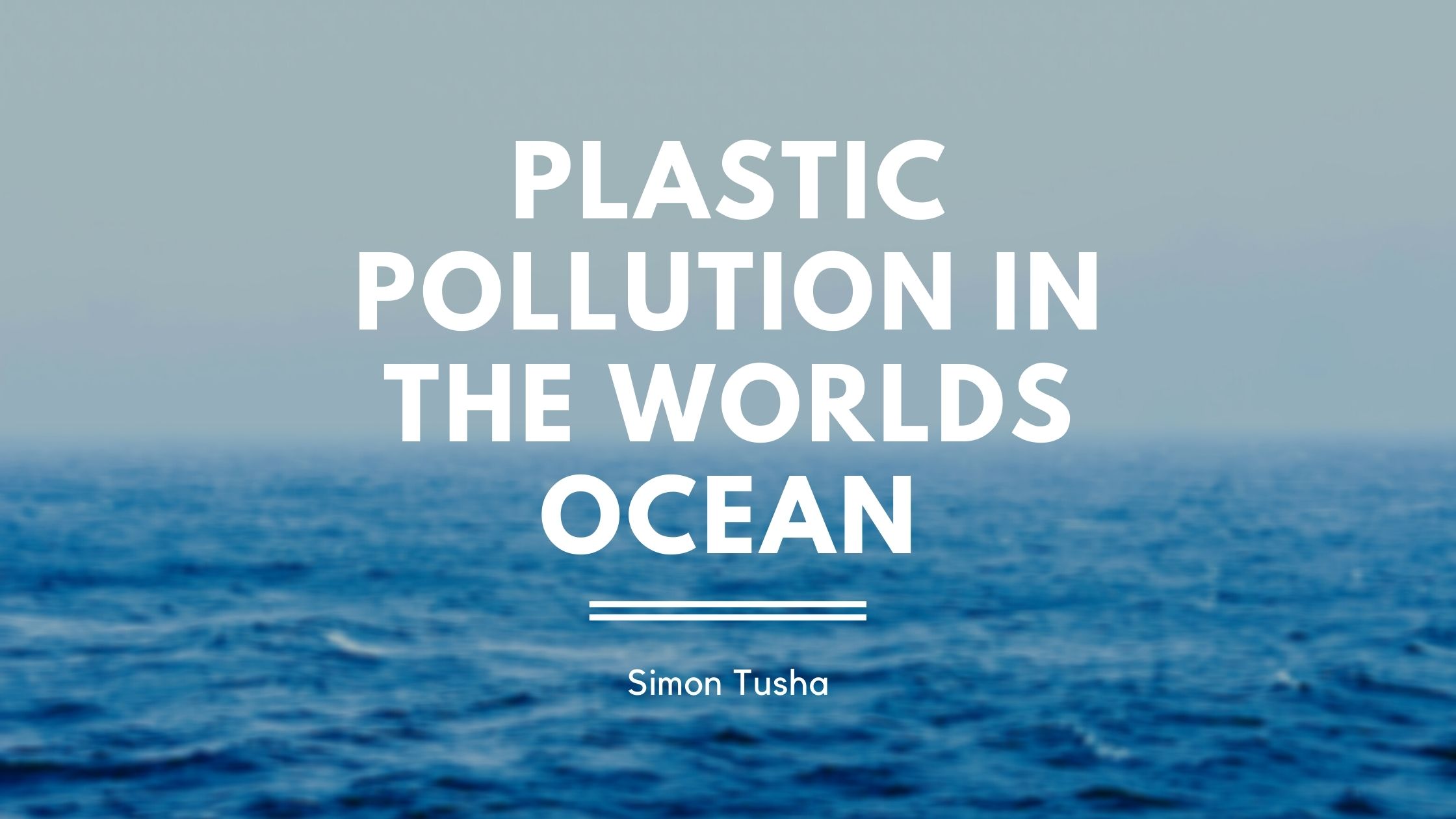Marine scientists, environmentalists and even people who stay abreast of the news know that the world’s oceans are accumulating an alarming amount of plastic pollutants. While everyone agrees it’s a significant problem, hard data on just how bad or prevalent the problem remains elusive.
Costas Velis and Ed Cook are researchers with the University of Leads. They recently completed a study they described as a “Herculean effort” to get a handle on what’s happening with marine plastics pollution. They believe that the amount of plastic entering our oceans will double by 2040 unless widespread changes are made. That’s an additional 1.3 billion tons of plastic.
Velis and Cook said most of the plastic ends up in landfills or is burned. Their model suggests 2.2 billion tons of plastics will be burned between now and 2040. But 850 million tons will be dumped on land and people will toss 480 million tons directly into rivers, streams or the oceans themselves. The latter is the result of areas in the world where local governments have no waste collection service or policy. About two billion people live in such locations.
Velis and Cook also investigated methods that could curb the flow of plastics into the oceans. They came up with nine models, but their determination was that none, on their own, could solve the problem. While greater collection is part of the solution, it is likely that the best way to solve the plastic pollution problem is by going directly to the source.
That means businesses and major corporations must find alternatives to plastics. As it stands today, selling bottled water, soft drinks, milk or any other beverage in plastic bottles is simply too cost-effective for manufacturers to have an incentive to change. Even so, many major companies are aggressively seeking alternatives, such as adopting new kinds of plastic that biodegrade like other organic compounds, such as paper.
Several biodegradable plastic-like bottles are already on the market. One example is the VeganBottle made of 100% sugarcane. It is made by Lyspackaging, a French packaging firm. Another is a biodegradable bottle being used by Waiakea, the Hawaiian bottled water brand. This firm helped form a company called TimePlast which developed what they say is the world’s first biodegradable bottle.


